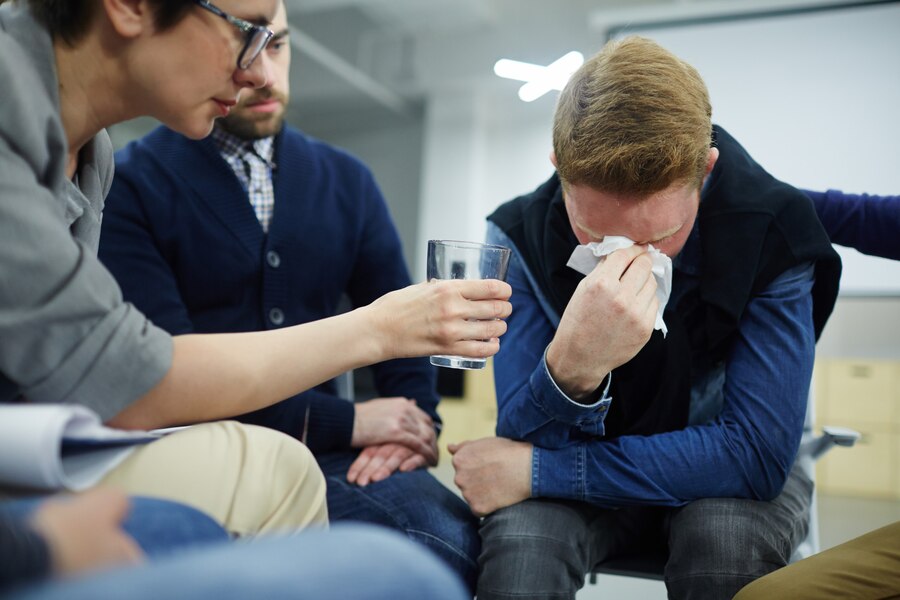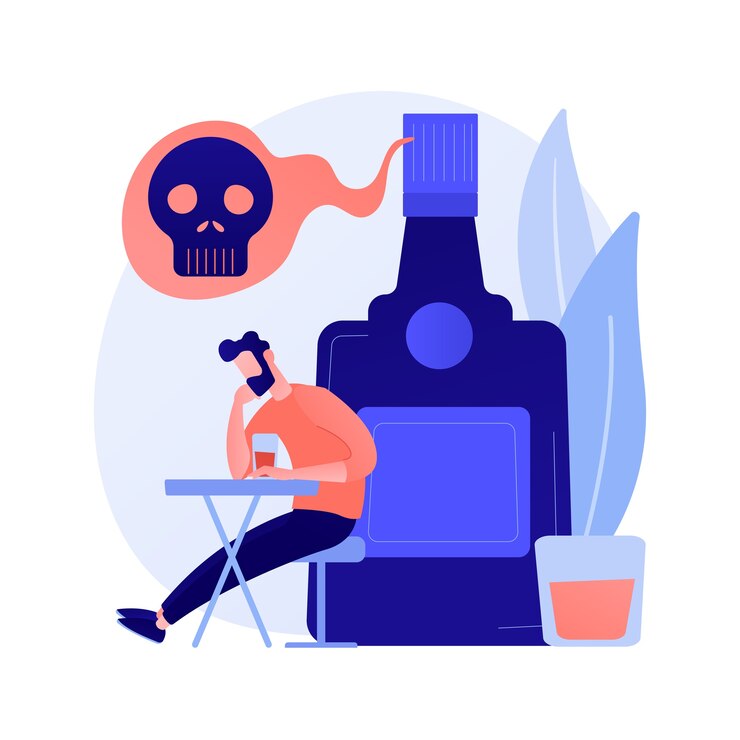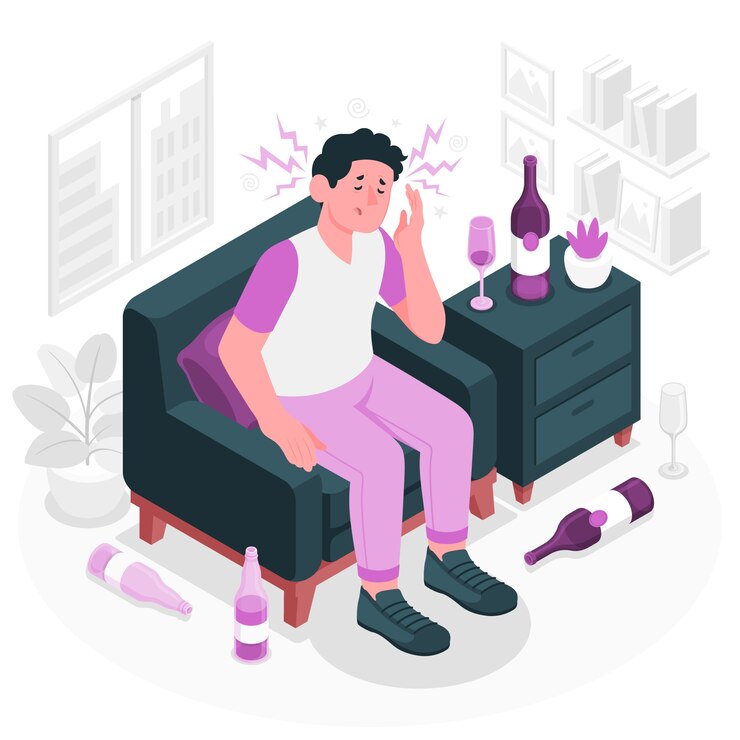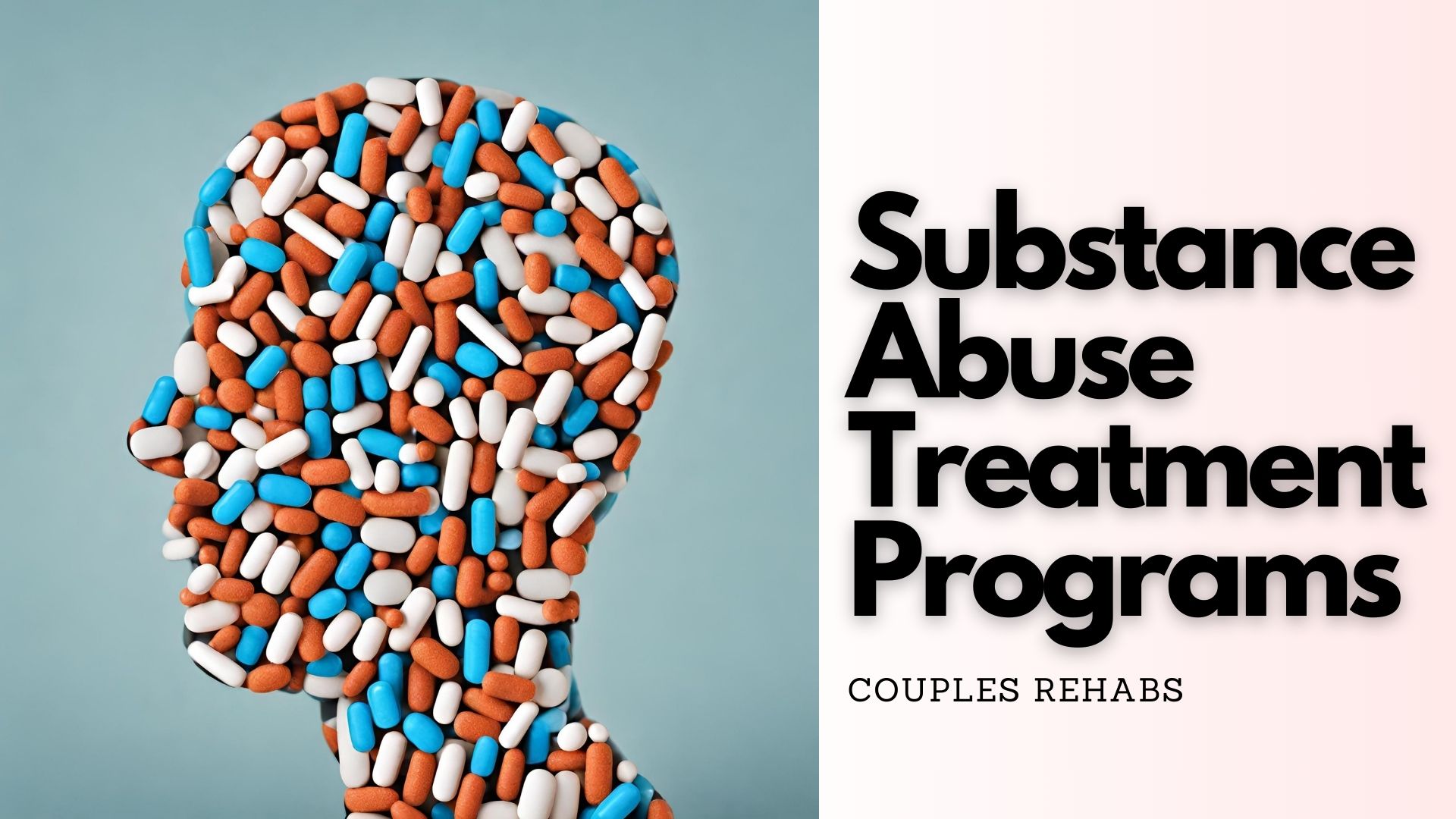In Anaheim, California, a plethora of substance abuse treatment programs are accessible to residents, offering a diverse array of options to cater to their unique needs and preferences. These programs encompass a spectrum of approaches, including inpatient rehabilitation, outpatient therapy, partial hospitalization, and intensive outpatient programs. Each program is designed to address various aspects of addiction and recovery, providing individuals with comprehensive support tailored to their specific circumstances.
Additionally, specialized programs such as dual diagnosis treatment and holistic therapy offer additional avenues for individuals to address co-occurring mental health issues and embrace a holistic approach to healing. With this wide range of treatment options available, residents of Anaheim can find the support they need to embark on their journey to recovery and lead healthier, more fulfilling lives.
Addiction Treatment Services 888-325-2454
Types of Substance Abuse Treatment Programs
Inpatient/Residential Treatment Programs
Inpatient or residential treatment programs furnish round-the-clock care and support to those grappling with substance abuse. Typically spanning 30 to 90 days, patients reside within the facility, undergoing intensive therapy and medical oversight to facilitate recovery.
These programs offer a structured environment conducive to healing, away from triggers and enabling behaviors, with a focus on addressing underlying issues and equipping individuals with coping mechanisms essential for sustained recovery. The immersive nature of inpatient treatment fosters peer support and camaraderie, enhancing the journey towards sobriety.
Outpatient Treatment Programs
Outpatient treatment programs afford individuals the opportunity to receive care while maintaining their residence. Patients engage in therapy sessions and counseling on a regular basis, allowing them to continue with their daily obligations such as work or school.
This approach enables individuals to apply the strategies learned in therapy directly to their everyday lives, often emphasizing the importance of establishing a robust support network within the community. While offering autonomy, outpatient treatment still ensures professional guidance and accountability crucial for progress.
Intensive Outpatient Programs (IOP)
Intensive outpatient programs offer a heightened level of care compared to standard outpatient services. Patients attend therapy sessions multiple times per week for several hours each day, enabling more concentrated treatment while preserving a degree of independence.
These programs strike a balance between flexibility and structure, accommodating varying schedules while ensuring consistent therapeutic engagement. Incorporating a multidisciplinary approach, IOPs address physical, psychological, and social aspects of addiction, equipping individuals with coping skills and relapse prevention strategies essential for long-term recovery.

Partial Hospitalization Programs (PHP)
Partial hospitalization programs deliver structured treatment during daytime hours, with patients returning home in the evenings. This option suits individuals requiring elevated care beyond outpatient services but without the necessity of continuous supervision.
PHPs provide comprehensive support, combining therapeutic interventions with medical oversight, allowing individuals to receive intensive treatment while maintaining connections with their support systems outside of the treatment setting. This balance between structured treatment and returning to the home environment fosters the development of essential life skills and coping mechanisms necessary for sustained recovery.
Detoxification Programs (Detox)
Detox programs provide supervised withdrawal from substances to ensure safety and comfort. As the initial step in recovery, detoxification can be arduous and risky, necessitating professional assistance to navigate the process safely.
These programs offer medical support to manage withdrawal symptoms and address any complications that may arise, guiding individuals through the physical and emotional challenges of detoxification. With a focus on stabilization and readiness for further treatment, detox programs pave the way for individuals to engage effectively in ongoing rehabilitation and recovery efforts.
Medication-Assisted Treatment (MAT) Programs
MAT programs integrate medication with therapy and counseling to aid individuals in managing cravings and withdrawal symptoms associated with substance abuse. This comprehensive approach has demonstrated effectiveness, particularly in treating opioid and alcohol addiction, by addressing both the physiological and psychological aspects of addiction.
Individual Therapy/Counseling
Individual therapy or counseling sessions offer personalized support to individuals struggling with substance abuse. Through one-on-one sessions, therapists collaborate with patients to identify underlying issues contributing to addiction and develop coping strategies tailored to their needs, aiming to prevent relapse and promote long-term recovery.

Group Therapy/Support Groups
Group therapy and support groups provide a nurturing environment where individuals can connect with others facing similar challenges. This sense of community fosters empathy, understanding, and mutual encouragement, which can be instrumental in overcoming addiction and sustaining recovery efforts.
Cognitive-Behavioral Therapy (CBT)
Cognitive-behavioral therapy is a widely utilized treatment approach that targets negative thought patterns and behaviors associated with substance abuse. By helping individuals recognize and modify these patterns, CBT equips them with effective coping strategies to manage triggers and cravings, making it an essential component in treating substance abuse and co-occurring mental health disorders.
12-Step or Similar Recovery Programs
12-step programs, such as Alcoholics Anonymous (AA) or Narcotics Anonymous (NA), offer a structured framework for individuals on the path to recovery. Based on principles of acceptance, surrender, and spiritual growth, these programs provide a supportive network of peers who share similar experiences and understand the challenges of addiction, offering guidance, accountability, and encouragement throughout the recovery journey.
Find Substance Abuse Treatment Programs in Anaheim, California Near You
In Anaheim, California, individuals grappling with substance abuse have access to a wide range of treatment programs tailored to their diverse needs and preferences. From inpatient rehabilitation to outpatient therapy, and from detoxification programs to medication-assisted treatment, there are numerous avenues available to support individuals on their journey to recovery.
With a diverse array of treatment options and a supportive community, Anaheim stands as a beacon of hope for those seeking a path to sobriety and well-being. Contact us today to learn more about the resources and programs available in Anaheim to support your journey to recovery and a healthier, fulfilling life.

1. What are Substance Abuse Treatment Programs offered at Couples Rehabs?
Answer: Couples Rehabs provides a comprehensive range of Substance Abuse Treatment Programs tailored to the unique needs of couples struggling with addiction. These programs include detoxification, individual therapy, group counseling, couples therapy, holistic therapies, and aftercare planning.
2. How do Substance Abuse Treatment Programs at Couples Rehabs differ from traditional rehab programs?
Answer: Substance Abuse Treatment Programs at Couples Rehabs are specifically designed to address addiction within the context of a romantic relationship. Couples undergo therapy together, learning to support each other in recovery while addressing underlying issues that may contribute to substance abuse.
3. What types of therapy are included in Substance Abuse Treatment Programs at Couples Rehabs?
Answer: Substance Abuse Treatment Programs at Couples Rehabs incorporate various evidence-based therapies such as cognitive-behavioral therapy (CBT), dialectical behavior therapy (DBT), motivational interviewing, and trauma-informed therapy to address the complex nature of addiction and its impact on relationships.
4. Can couples with different substance abuse issues participate in Substance Abuse Treatment Programs at Couples Rehabs?
Answer: Yes, Couples Rehabs welcomes couples with different substance abuse issues and provides personalized treatment plans to address each partner’s unique needs. Whether one or both partners are struggling with addiction, our programs are tailored to support their recovery journey together.
5. How long do Substance Abuse Treatment Programs at Couples Rehabs typically last?
Answer: The duration of Substance Abuse Treatment Programs at Couples Rehabs varies depending on the severity of addiction, individual progress, and specific treatment goals. Programs may range from 30 days to several months, with the option for extended care if needed.
6. Are family members involved in Substance Abuse Treatment Programs at Couples Rehabs?
Answer: Yes, family involvement is encouraged in Substance Abuse Treatment Programs at Couples Rehabs. We offer family therapy sessions and educational resources to help loved ones understand addiction, heal relationships, and support the recovery process.
7. What aftercare support is available for couples completing Substance Abuse Treatment Programs at Couples Rehabs?
Answer: Couples Rehabs provides comprehensive aftercare support to couples completing Substance Abuse Treatment Programs, including relapse prevention planning, ongoing therapy, support groups, and access to community resources to ensure a successful transition back into everyday life.
8. How does Couples Rehabs ensure confidentiality and privacy for couples participating in Substance Abuse Treatment Programs?
Answer: Couples Rehabs prioritizes confidentiality and privacy for all clients, including couples participating in Substance Abuse Treatment Programs. Our facilities adhere to strict confidentiality protocols, and all staff members are trained to respect the privacy of every individual.
9. Are Substance Abuse Treatment Programs at Couples Rehabs covered by insurance?
Answer: Many Substance Abuse Treatment Programs at Couples Rehabs are covered by insurance plans. Our admissions team works closely with insurance providers to verify coverage and assist couples in navigating the financial aspects of treatment.
10. How can couples get started with Substance Abuse Treatment Programs at Couples Rehabs?
Answer: Couples interested in participating in Substance Abuse Treatment Programs at Couples Rehabs can contact our admissions team to schedule a confidential assessment and learn more about our programs, services, and admissions process.


















Recent Comments